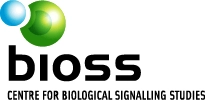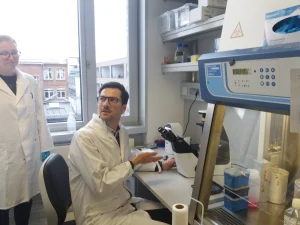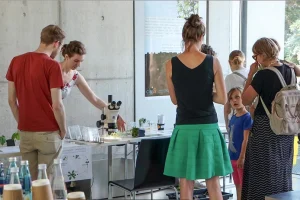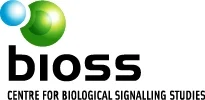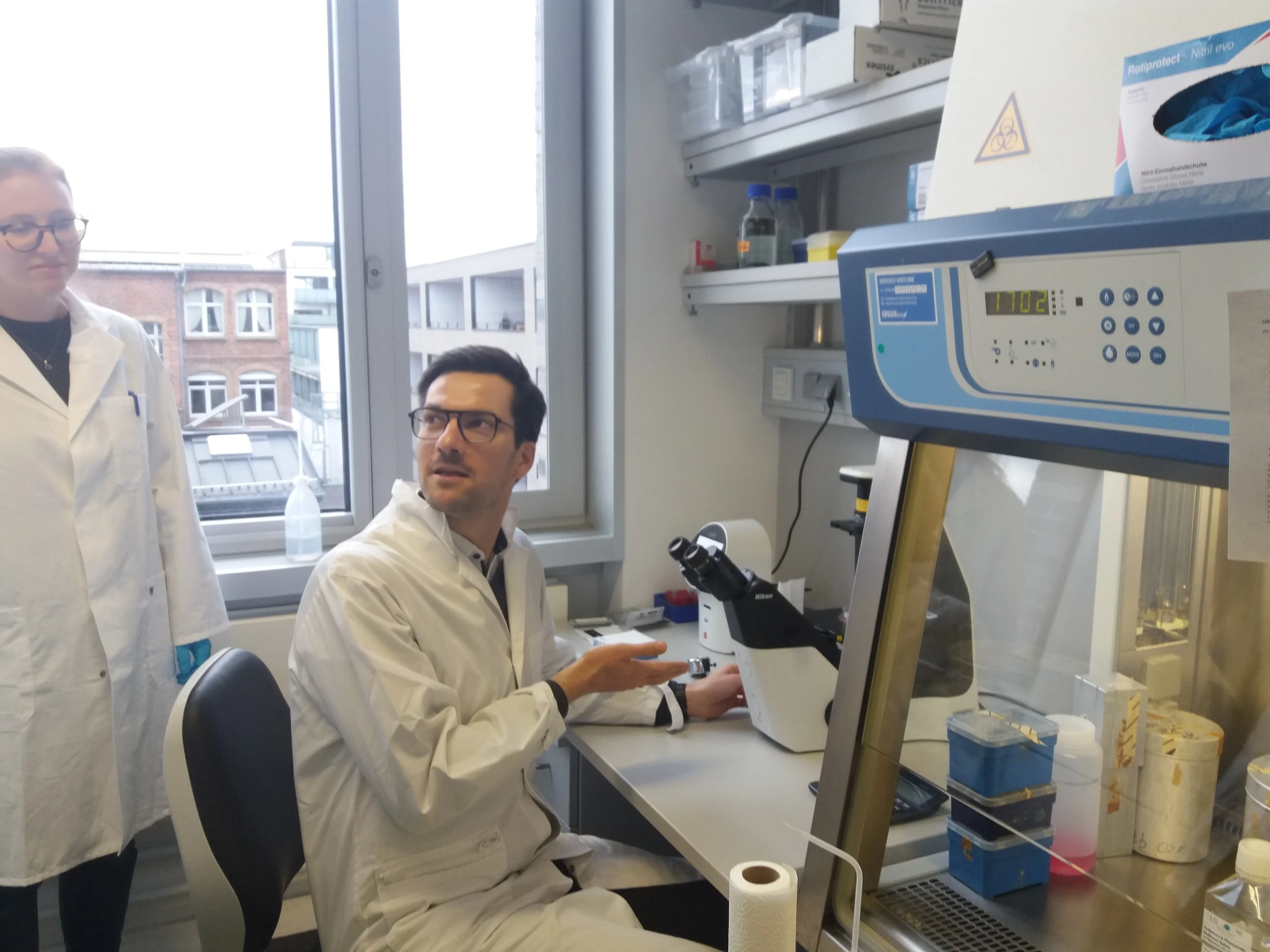
Exploring Cutting-Edge Biological Signalling Research in Freiburg
The Lord Mayor of Freiburg, Martin Horn, recently embarked on a visit to the renowned Signalhaus Freiburg, a symbol of research excellence housing the Clusters of Excellence BIOSS (Biological Signalling Studies) and CIBSS (Centre for Integrative Biological Signalling Studies). Accompanied by Ms. Hanna Böhme from Freiburg Wirtschaft Touristik und Messe, they were immersed in the rich tradition of signalling research that Freiburg boasts.
2 new DFG research units at the University of Freiburg
The research unit “UcarE – Urothelial Carcinoma Epigenetics” aims to investigate the biological mechanisms that underlie bladder cancer. The unit’s spokesman is Prof Dr Ian Frew of the Faculty of Medicine and the BIOSS Centre for Biological Signalling Studies of the University of Freiburg. Seven groups in all are taking part in this project. They are researching at the University of Freiburg, RWTH Aachen University and the University of Tübingen. Among other things, the unit’s members would like to set up a biobank that gathers and holds three-dimensional cell cultures of tumours and data from molecular and genetic analyses of them. Using these as a foundation, therapies will be developed that are personally tailored to individual bladder cancer patients.
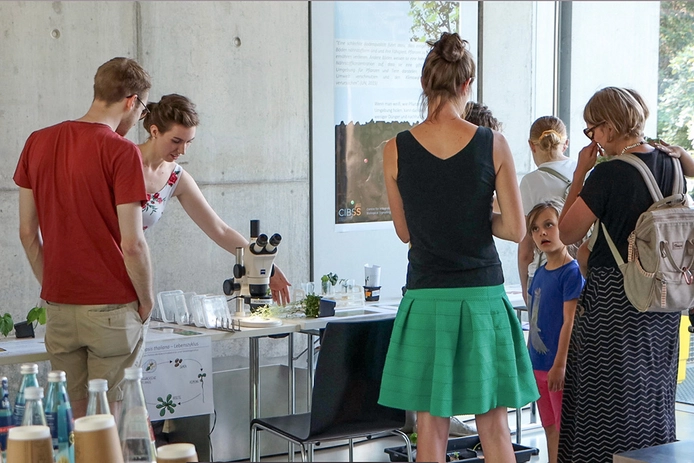
First joint Open Day of CIBSS and BIOSS
In June, the two Freiburg signalling research centres CIBSS and BIOSS gave visitors insights into current research topics.
Glowing molecules and the memories of plants: At the joint open day of CIBSS and BIOSS, visitors could find out more about the research that happens in the laboratory buildings in Freiburg Herdern. Consisting of a mix of research fair, short talks and hands-on experiments, the programme had something to offer all ages and attracted many interested people to the Signalhaus and Hilde-Mangold-Haus on a sunny day.
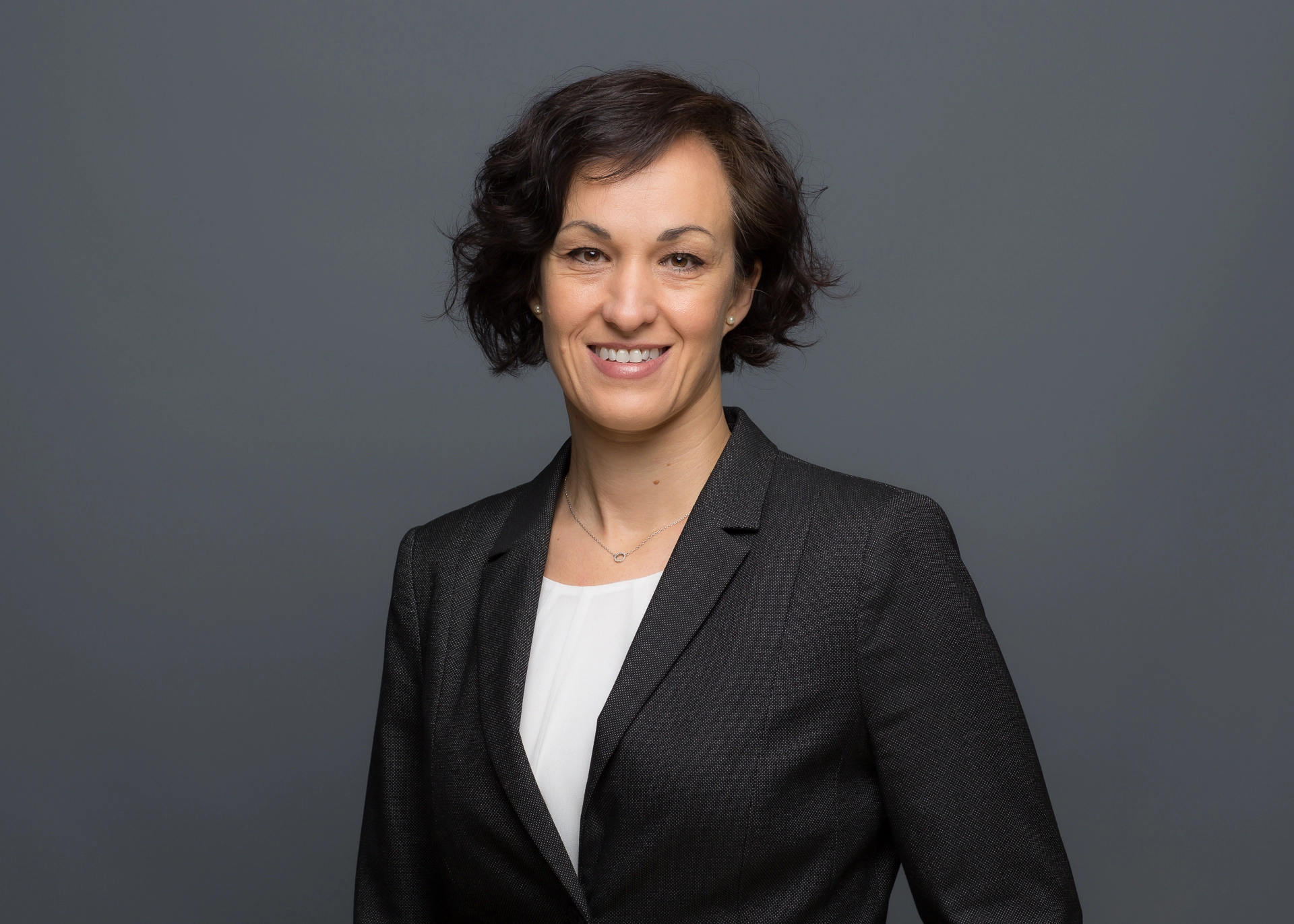
Heisenberg Professorship for Susana Minguet García
Dr. Susana Minguet García will receive a Heisenberg Professorship from the German Research Foundation (DFG) for Synthetic Immunology on April 1, 2023. The Professorship is based at the Faculty of Biology and at BIOSS at the University of Freiburg. The DFG is also providing around 400,000 Euros in funding for her research into understanding the mechanisms that regulate the activation of T cells. Minguet García is planning to apply this knowledge to contribute to the development of new immunotherapies against cancer and other therapeutic approaches to treat autoimmune diseases and immunopathologies. The DFG funding of the Heisenberg Professorship runs for up to five years and, after a positive interim review, is linked to a permanent professorship at the Faculty of Biology.
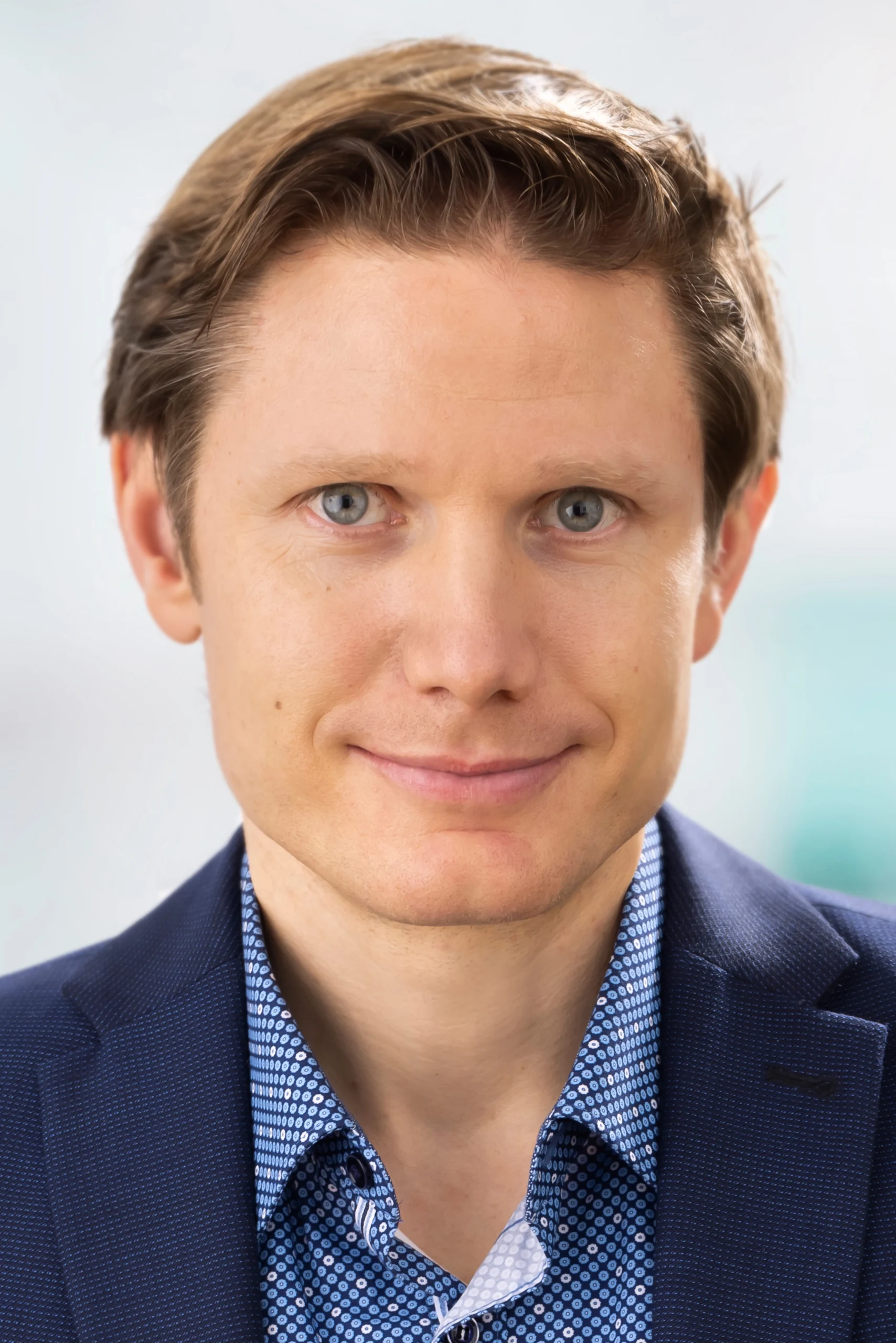
Major EU funding set to make leukemia therapies safer
A stem cell donation is a promising therapy for many leukemia patients. But the therapy has risks: It is not uncommon for leukemia to return, and in about half of those treated, the transferred immune cells attack the recipient’s tissue. Such acute graft-versus-host disease, or aGvHD, is just as life-threatening as a possible leukemia relapse. With an ERC Advanced Grant of 2.5 million euros, the European Research Council is funding Prof. Dr. Robert Zeiser from the Faculty of Medicine at the University of Freiburg, who, together with his team, is researching new starting points to improve the healing of patients after stem cell transplantation.
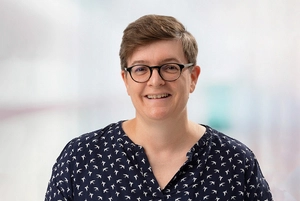
Dean of the Faculty of Biology is new ASM fellow
In February, the American Academy of Microbiology (ASM) elected 65 new fellows to the Class of 2023. Among them is Prof. Dr. Sonja-Verena Albers, Dean of the Faculty of Biology and principal investigator of BIOSS at the University of Freiburg. Fellows of the American Academy of Microbiology are elected annually through a highly selective, peer-review process, based on their records of scientific achievement and original contributions that have advanced microbiology.
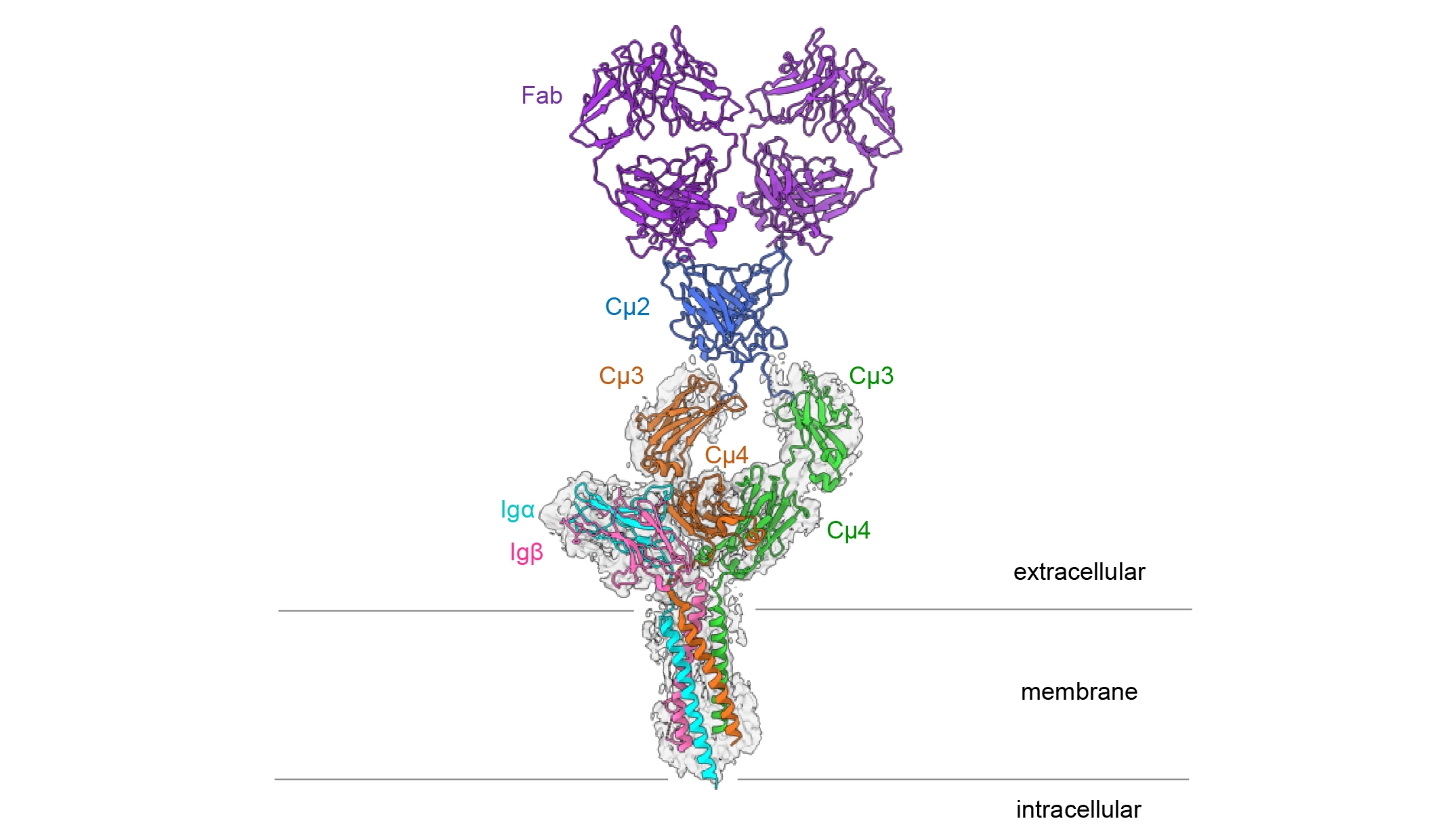
Molecular structure of one of the most important receptors in the immune system unraveled
The surface of B cells is covered with antigen receptors with which they recognize invading pathogens such as bacteria and viruses. When a B cell receptor binds to an antigen, that is, to a foreign structure, the B cell is activated and triggers the production of antibodies. Antibodies are essential for our survival and protect us against severe diseases from infections with pathogens such as COVID-19. Vaccinations have a protective effect as they activate antigen receptors, thereby triggering an immune response. An international team of researchers from the Cluster of Excellence CIBSS of the University of Freiburg and Harvard Medical School, USA, has now published the exact molecular structure of an IgM-type B cell receptor. Their findings indicate that the receptor on the surface of the B cell interacts with further receptors, thus controlling its signal transduction. The study was published in the renowned journal Nature.
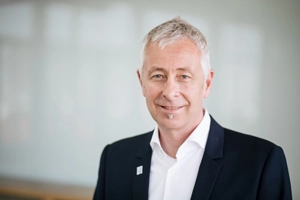
How can plants adapt to climate change?
Cell biologist and associated BIOSS member Stefan Rensing explains how looking into the past can reveal the solution for the future.
“It is well worth studying the enormous processes of adaptation plants have undergone to take the leap from water to land more than 500 million years ago. Understanding these processes is a step towards helping plant life to cope with climate change and preserving biodiversity,” says Prof. Dr. Stefan Rensing, cell biologist and Vice-President for Research and Innovation at the University of Freiburg. Together with Dr. Mona Schreiber from the University of Marburg and Prof. Dr. Sven Gould from the University of Düsseldorf, he gives an overview of current research into how plants transitioned to land in the recently published paper “The greening ashore: How plants changed the climate before we did”.
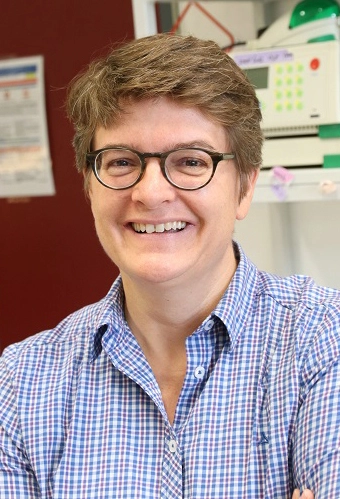
BIOSS member Sonja-Verena Albers elected as member of the National Academy of Sciences – Leopoldina
Sonja-Verena Albers is a professor for microbiology and Dean of the Faculty of Biology. She studies different aspects of cellular function and signalling and is a member of the steering board of BIOSS, and a member of the Cluster of Excellence CIBSS at the University of Freiburg.
Prof. Albers researches the molecular biology of archaea, a diverse group of single-celled organisms that is distinct from bacteria and eukaryotes. Albers’ work focuses on the assembly of the archaeal cell envelope, and on the regulatory and signaling networks that control it. This includes the assembly of large molecular appendages on the cell surface, such as the motility structures with which archaea navigate and sense their environment, but also smaller modifications to the cell surface, such as the addition of carbohydrate groups to molecules though a process called N-glycosylation. The unique properties of archaea require research techniques that are specific to these organisms, which is why Albers uses newly established genetic tools in combination with approaches from the fields of molecular microbiology, cell biology and biochemistry and biophysics.
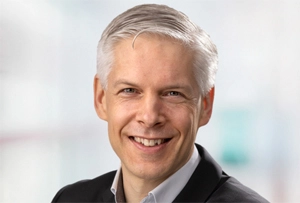
Signalling Researcher Wilfried Weber Receives ERC Advanced Grant for Living Materials
The engineer and biologist Prof. Dr. Wilfried Weber from the University of Freiburg’s Institute of Biology II has received an Advanced Grant from the European Research Council (ERC) for his research on materials made of living cells that maintain a self-regulating equilibrium. Weber will receive 2.5 million euros over five years to develop living materials with the capacity for so-called homeostasis. “In biology, researchers use this term to describe regulatory systems that keep things like blood pressure or energy balance in equilibrium,” explains Weber.
